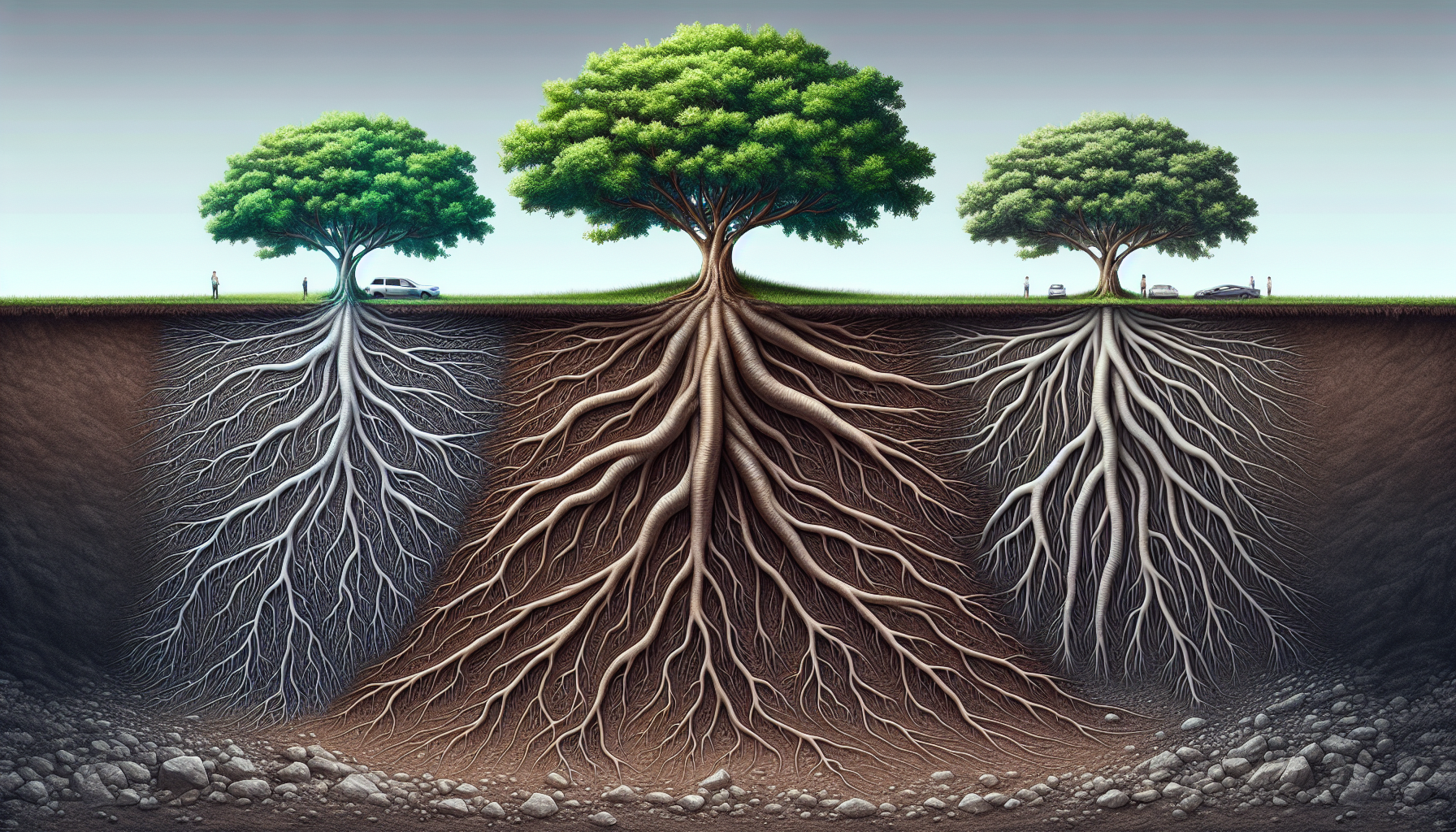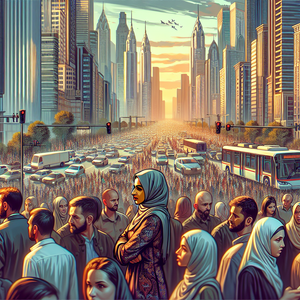The Human Touch in a Digital Era

AI has brought significant innovation to mental health care, making therapy more accessible and affordable than ever before. Digital platforms and AI-powered applications, such as Woebot and Wysa, have emerged as popular tools for individuals seeking mental health support. These tools use conversational AI to simulate therapeutic dialogue, offering real-time responses to users experiencing emotional distress. AI-driven platforms can also analyze clients’ language, tone, and behavioral patterns to detect mental health challenges and provide insights into their emotional well-being. The benefits of AI in this context are undeniable. For individuals in remote or underserved areas, AI therapy tools provide a lifeline to mental health support that might otherwise be out of reach. These tools are available 24/7, cost-effective, and offer anonymity, which can reduce the stigma associated with seeking help. Furthermore, AI can assist counselors by processing vast amounts of data to identify trends, stress triggers, or progress in a way that may be difficult for human professionals to achieve alone. Despite these advancements, AI remains a supplement rather than a replacement for human counseling. While technology can provide data-driven insights and standardized support, it lacks the emotional depth and lived experience that human counselors bring to their role. The human touch, characterized by empathy, intuition, and shared understanding, is central to effective therapy and cannot be replicated by algorithms.
Empathy: The Core of Counseling
At the heart of substance abuse and behavioral disorder counseling lies empathy—the ability to understand and share another person’s emotions. Empathy extends beyond simply listening to clients; it involves interpreting body language, tone, and subtle emotional cues to build trust and connection. Human counselors excel in creating safe and nonjudgmental spaces that allow clients to feel understood, valued, and supported. AI, no matter how sophisticated, cannot replicate true empathy. While algorithms can analyze a client’s words and tone for emotional patterns, they lack the emotional intelligence that human counselors develop through their own experiences and professional training. For instance, a counselor working with a client recovering from addiction can draw from their own life experiences, making their advice and encouragement uniquely tailored to the client’s needs. This human connection fosters a sense of trust and safety that is essential for effective therapy. A critical component of counseling is the ability to adapt to the unique, unpredictable nature of human emotions. Unlike AI, which follows pre-programmed responses, human counselors can navigate the complexity and nuance of each client’s situation, offering personalized care that evolves over time. This adaptability and emotional resonance are the core strengths of human counseling.
The Healing Power of Shared Humanity
One of the most profound aspects of human counseling is the power of shared humanity—the ability of counselors to relate to their clients’ struggles and offer support that stems from genuine understanding. Many individuals seek therapy not only for guidance but also for the comfort of knowing they are not alone in their challenges. The human connection between a counselor and client creates a sense of belonging that is critical to the healing process. Consider the case of a person recovering from substance abuse. The journey to recovery often involves confronting intense emotions such as shame, guilt, and isolation. A human counselor can listen without judgment, share relatable anecdotes, and offer hope based on their understanding of human resilience. These interactions create a therapeutic alliance, which research shows is one of the strongest predictors of successful outcomes in therapy. AI, while capable of providing factual information or structured guidance, cannot replicate the depth of this connection.
The Limits of AI in Complex Scenarios
While AI excels in handling structured, predictable situations, it struggles to address the complexities of real-life counseling sessions. Human emotions are often nonlinear and multifaceted, requiring a nuanced approach that AI is ill-equipped to provide. For example, imagine a counseling session where a client suddenly becomes silent and their body language shifts to one of discomfort. A skilled counselor might interpret this as a sign of unresolved trauma or fear and adjust their approach accordingly, perhaps by offering reassurance or gently redirecting the conversation. An AI system, on the other hand, might fail to recognize these subtle cues, potentially leaving the client feeling misunderstood or disengaged. Additionally, many clients reveal their most vulnerable feelings over time, requiring patience and intuition from their counselor. Human professionals can build rapport and trust gradually, responding to the ebbs and flows of the therapeutic process. These qualities are essential for addressing complex issues like substance abuse and behavioral disorders, where progress often occurs in small, incremental steps.
Why the Human Touch Will Endure
Despite the growing presence of AI in mental health care, human counselors are not at risk of being replaced. Instead, they are likely to work alongside AI tools, leveraging technology to enhance their practice. For example, AI can handle administrative tasks, provide data-driven insights, and serve as a supplementary resource for clients, freeing up counselors to focus on building meaningful connections with their clients. The enduring need for human counselors is also rooted in biology. Studies have shown that face-to-face interactions release oxytocin, a hormone associated with bonding and trust. This physical and emotional connection plays a significant role in therapeutic relationships, underscoring the importance of human interaction in fostering healing. Moreover, societal attitudes toward mental health highlight the continued value of the human touch. Many individuals still prioritize personal connection and emotional understanding when seeking therapy. The human ability to offer genuine care, relate to shared experiences, and adapt to individual needs ensures that counselors remain indispensable in the field of mental health.
As the digital era continues to unfold, AI and virtual platforms are reshaping the landscape of mental health care, offering tools that increase accessibility and efficiency. However, the unique empathy, emotional intelligence, and shared humanity that human counselors bring to their work cannot be replicated by technology. Substance abuse and behavioral disorder counseling, in particular, require the depth of understanding and connection that only human professionals can provide. Rather than replacing human counselors, AI is best viewed as a complementary tool that enhances their practice. Together, humans and technology can create a future where clients receive the best of both worlds: the efficiency and accessibility of AI combined with the warmth and authenticity of the human touch. In this partnership, the legacy of human empathy and connection will continue to thrive, ensuring that mental health care remains deeply personal and profoundly effective.
AI Mental Health Specialist
Health-tech startups (e.g., Woebot, Wysa), mental health non-profits, or large tech firms focused on healthcare (e.g., IBM, Microsoft)
Responsibilities
Design and implement AI-driven mental health tools, such as chatbots or therapeutic applications.
Collaborate with psychologists and counselors to ensure AI solutions align with clinical best practices.
Analyze user data to improve AI systems’ ability to detect emotional patterns and provide accurate responses.
Substance Abuse Counselor
Rehab centers, hospitals, and community outreach programs
Responsibilities
Provide one-on-one or group therapy to clients recovering from addiction, offering emotional support and relapse prevention strategies.
Develop personalized treatment plans based on clients' unique needs and histories.
Work closely with social workers, medical staff, and families to create a supportive recovery network.
Requirements
Requires state licensure and often a background in psychology or social work.
Behavioral Data Analyst in Mental Health
Universities, mental health startups, or research-focused organizations like NIMH
Responsibilities
Process and interpret behavioral data from AI tools to identify trends, risk factors, and treatment outcomes.
Work with therapists to turn data insights into actionable strategies for improving patient care.
Requirements
Expertise in data analytics, machine learning, and psychology or mental health is essential.
Digital Mental Health Product Manager
Tech companies in healthcare innovation (e.g., Calm, BetterHelp, Talkspace)
Responsibilities
Lead the development of AI-based mental health platforms, ensuring they meet user needs and ethical standards.
Collaborate with cross-functional teams, including designers, engineers, and mental health professionals.
Stay informed of regulatory guidelines and ensure compliance in product design.
Trauma-Informed Therapist
Private practices, community mental health clinics, and organizations like the Veterans Administration
Responsibilities
Specialize in counseling clients with trauma histories, using empathy and evidence-based techniques (e.g., EMDR, CBT).
Adapt therapeutic approaches to accommodate the complex emotions and behaviors associated with trauma.
Engage in ongoing professional development to stay current on neurobiology and trauma research.


